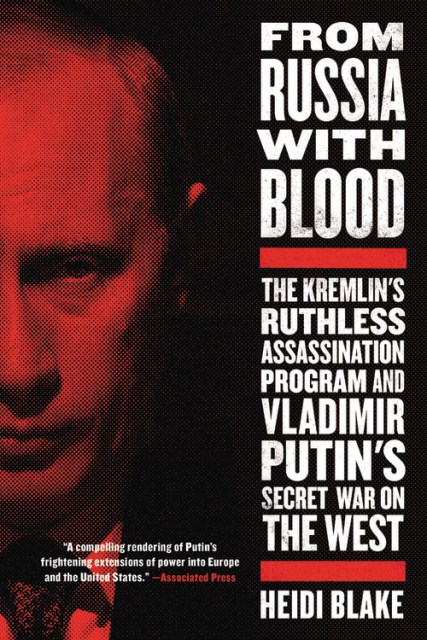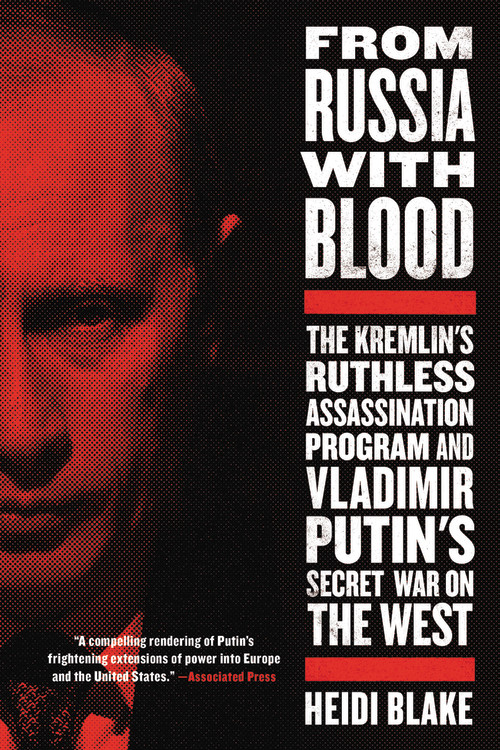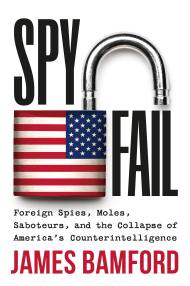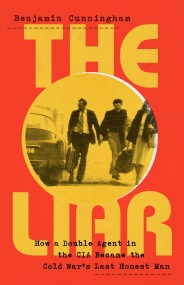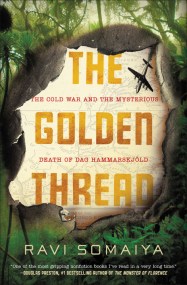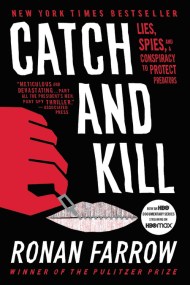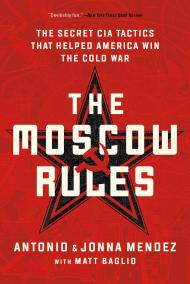From Russia with Blood
The Kremlin's Ruthless Assassination Program and Vladimir Putin's Secret War on the West
Contributors
By Heidi Blake
Formats and Prices
- On Sale
- Nov 24, 2020
- Page Count
- 336 pages
- Publisher
- Mulholland Books
- ISBN-13
- 9780316417242
Price
$18.99Price
$23.99 CADFormat
Format:
- Trade Paperback $18.99 $23.99 CAD
- ebook $12.99 $16.99 CAD
- Audiobook Download (Unabridged)
This item is a preorder. Your payment method will be charged immediately, and the product is expected to ship on or around November 24, 2020. This date is subject to change due to shipping delays beyond our control.
Buy from Other Retailers:
The untold story of how Russia refined the art and science of targeted assassination abroad: “A compelling rendering of Putin’s frightening extensions of power into Europe and the United States” (Associated Press).
They thought they had found a safe haven in the green hills of England. They were wrong. One by one, the Russian oligarchs, dissidents, and gangsters who fled to Britain after Vladimir Putin came to power dropped dead in strange or suspicious circumstances. One by one, their British lawyers and fixers met similarly grisly ends. Yet, one by one, the British authorities shut down every investigation — and carried on courting the Kremlin.
The spies in the riverside headquarters of MI6 looked on with horror as the scope of the Kremlin’s global killing campaign became all too clear. And, across the Atlantic, American intelligence officials watched with mounting alarm as the bodies piled up, concerned that the tide of death could spread to the United States. Those fears intensified when a one-time Kremlin henchman was found bludgeoned to death in a Washington, D.C. penthouse. But it wasn’t until Putin’s assassins unleashed a deadly chemical weapon on the streets of Britain, endangering hundreds of members of the public in a failed attempt to slay the double agent Sergei Skripal, that Western governments were finally forced to admit that the killing had spun out of control.
Unflinchingly documenting the growing web of death on British and American soil, Heidi Blake bravely exposes the Kremlin’s assassination campaign as part of Putin’s ruthless pursuit of global dominance — and reveals why Western governments have failed to stop the bloodshed. The unforgettable story that emerges whisks us from London’s high-end night clubs to Miami’s million-dollar hideouts ultimately renders a bone-chilling portrait of money, betrayal, and murder, written with the pace and propulsive power of a thriller.
Based on a vast trove of unpublished documents, bags of discarded police evidence, and interviews with hundreds of insiders, this heart-stopping international investigation uncovers one of the most important — and terrifying — geopolitical stories of our time.
They thought they had found a safe haven in the green hills of England. They were wrong. One by one, the Russian oligarchs, dissidents, and gangsters who fled to Britain after Vladimir Putin came to power dropped dead in strange or suspicious circumstances. One by one, their British lawyers and fixers met similarly grisly ends. Yet, one by one, the British authorities shut down every investigation — and carried on courting the Kremlin.
The spies in the riverside headquarters of MI6 looked on with horror as the scope of the Kremlin’s global killing campaign became all too clear. And, across the Atlantic, American intelligence officials watched with mounting alarm as the bodies piled up, concerned that the tide of death could spread to the United States. Those fears intensified when a one-time Kremlin henchman was found bludgeoned to death in a Washington, D.C. penthouse. But it wasn’t until Putin’s assassins unleashed a deadly chemical weapon on the streets of Britain, endangering hundreds of members of the public in a failed attempt to slay the double agent Sergei Skripal, that Western governments were finally forced to admit that the killing had spun out of control.
Unflinchingly documenting the growing web of death on British and American soil, Heidi Blake bravely exposes the Kremlin’s assassination campaign as part of Putin’s ruthless pursuit of global dominance — and reveals why Western governments have failed to stop the bloodshed. The unforgettable story that emerges whisks us from London’s high-end night clubs to Miami’s million-dollar hideouts ultimately renders a bone-chilling portrait of money, betrayal, and murder, written with the pace and propulsive power of a thriller.
Based on a vast trove of unpublished documents, bags of discarded police evidence, and interviews with hundreds of insiders, this heart-stopping international investigation uncovers one of the most important — and terrifying — geopolitical stories of our time.
Genre:
By clicking 'Sign Up,' I acknowledge that I have read and agree to Hachette Book Group’s Privacy Policy and Terms of Use
